Amid escalating protests, Columbia University has declared a shift to hybrid classes. As tensions rise, students and critics question the university’s decision, sparking a fiery debate on educational integrity and safety.
Angela Olinto, provost of Columbia, insists, “It’s vital that teaching and learning continue during this time,” despite the protests entering their seventh day.
Parents Demand Tuition Refunds Over Protest Impact
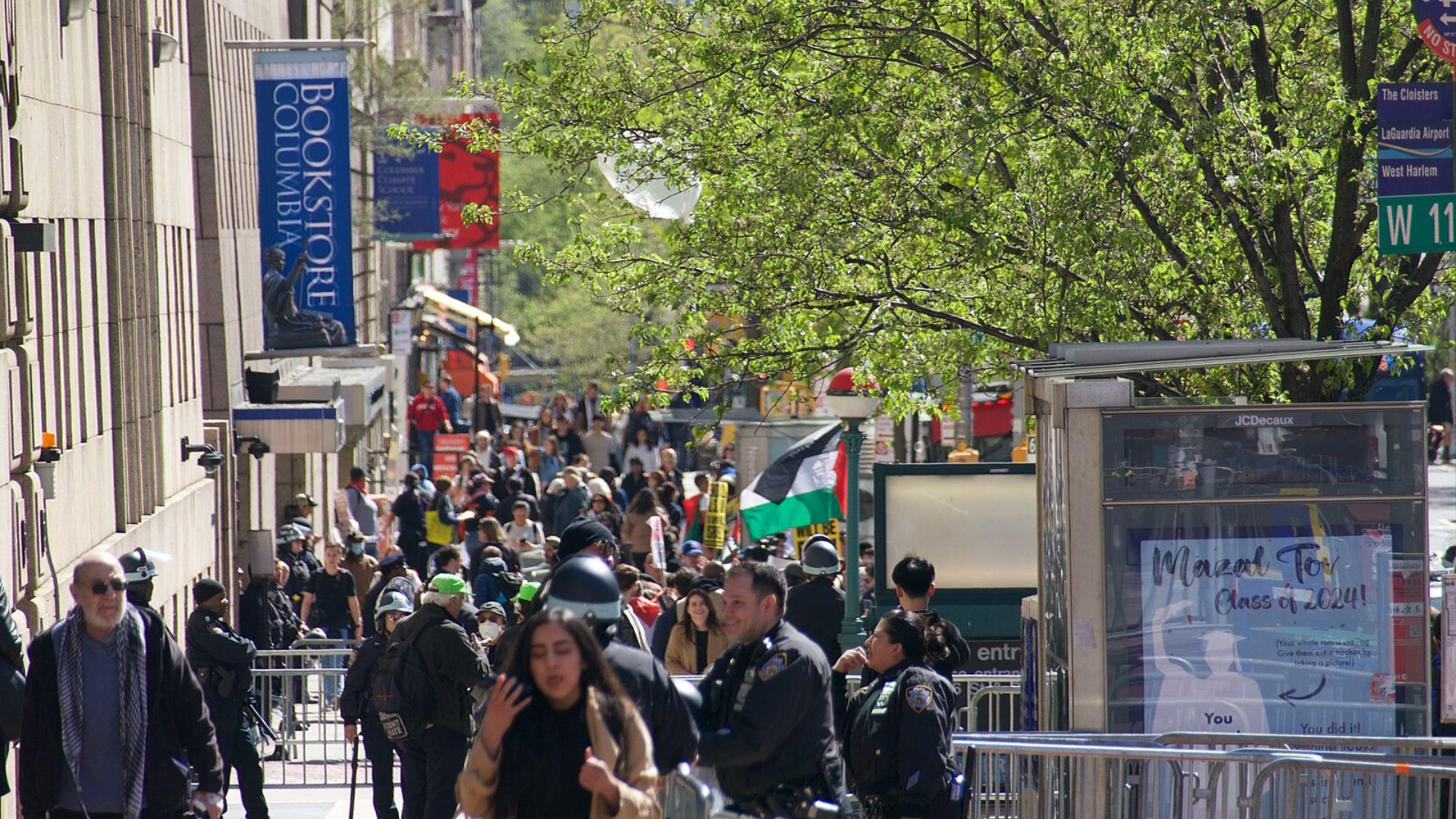
Frustration grows among Columbia parents as the administration struggles to manage pro-Palestine student protests.
Calls for tuition refunds echo across the community as parents feel their children’s costly education is compromised.
Disappointment on the Ground: Students’ Perspective
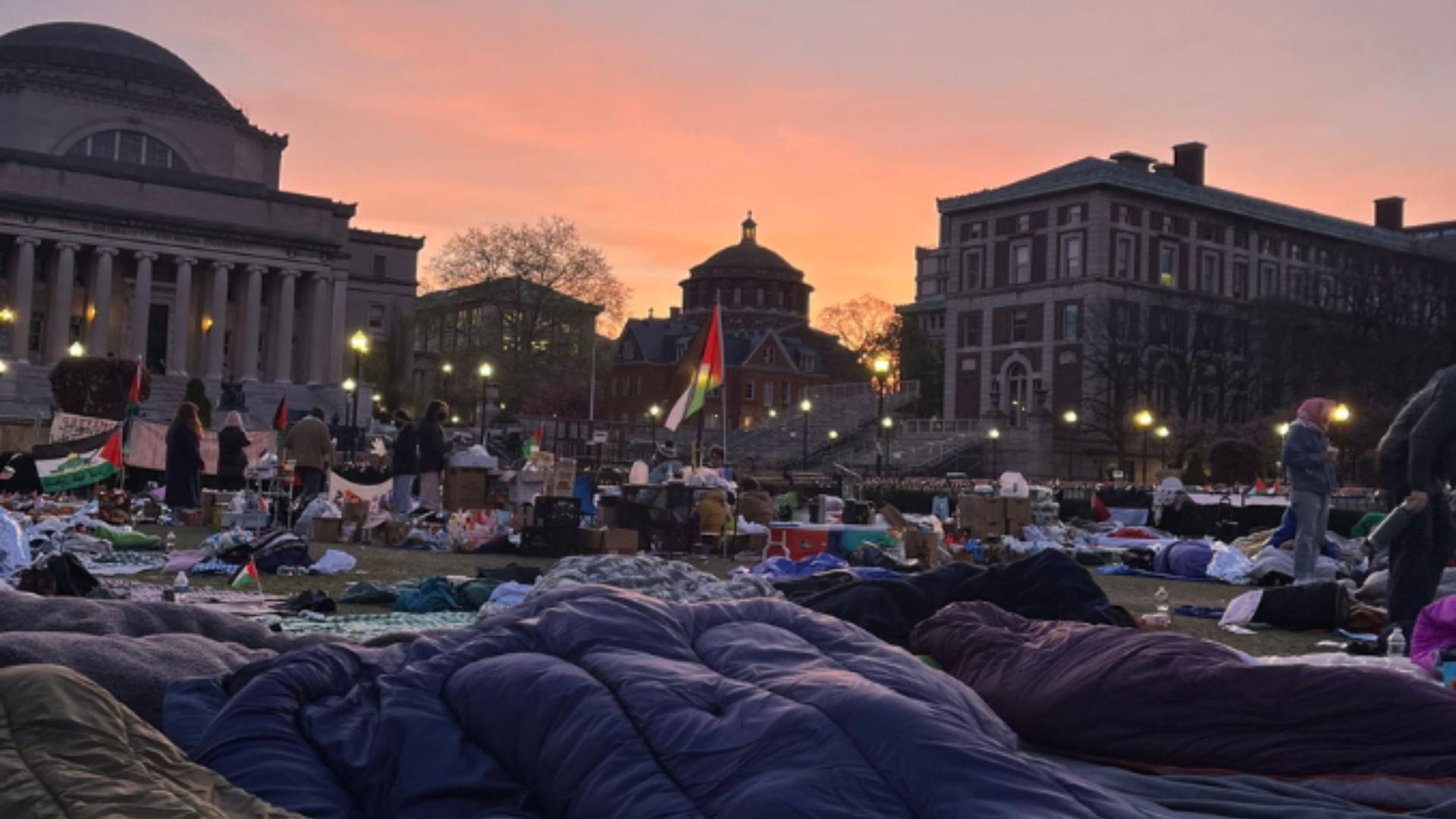
Junior Michael D’Agostino voiced his dissatisfaction with the hybrid learning model, stating, “the amount we pay to be at this school to learn from these amazing faculties and professors.”
His struggle emphasizes the broader disappointment among students who miss the invaluable in-person educational experience.
Leadership Criticized for Weak Response
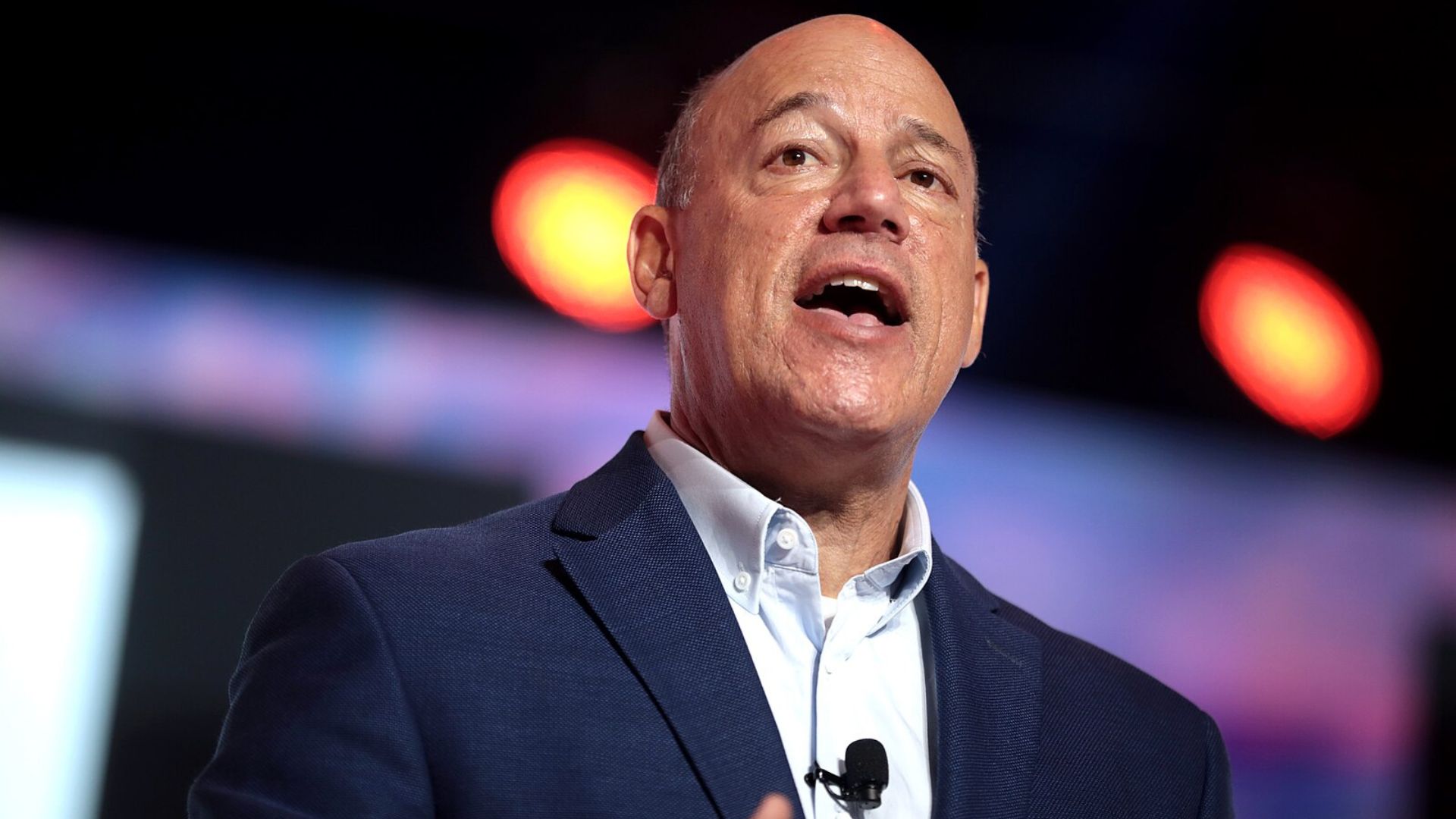
The administration’s response, labeled as “weak” by former White House press secretary Ari Fleischer, has drawn significant criticism.
Fleischer condemned the decision, suggesting, “’protesters’ have in essence shut down Columbia University,” and calls for stronger leadership to keep the school fully operational.
Political Figures Weigh In on Columbia’s Crisis
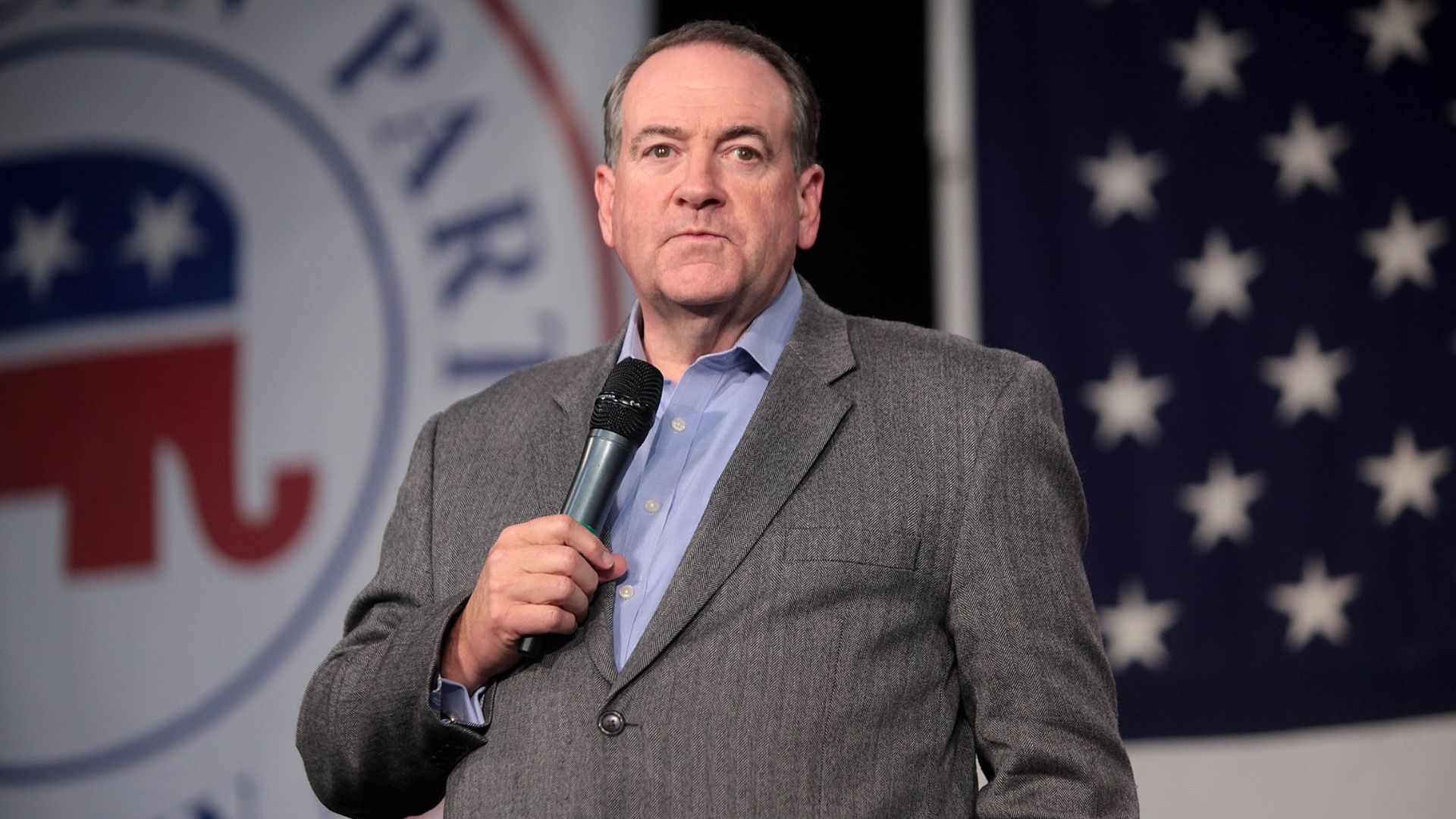
High-profile political commentators like Mike Huckabee have joined the fray, criticizing Columbia’s handling of the protests.
Huckabee advises parents to “demand a refund and then sue for breach of contract,” showcasing the depth of discontent with the university’s decisions amidst the ongoing turmoil.
Barnard College Maintains In-Person Classes
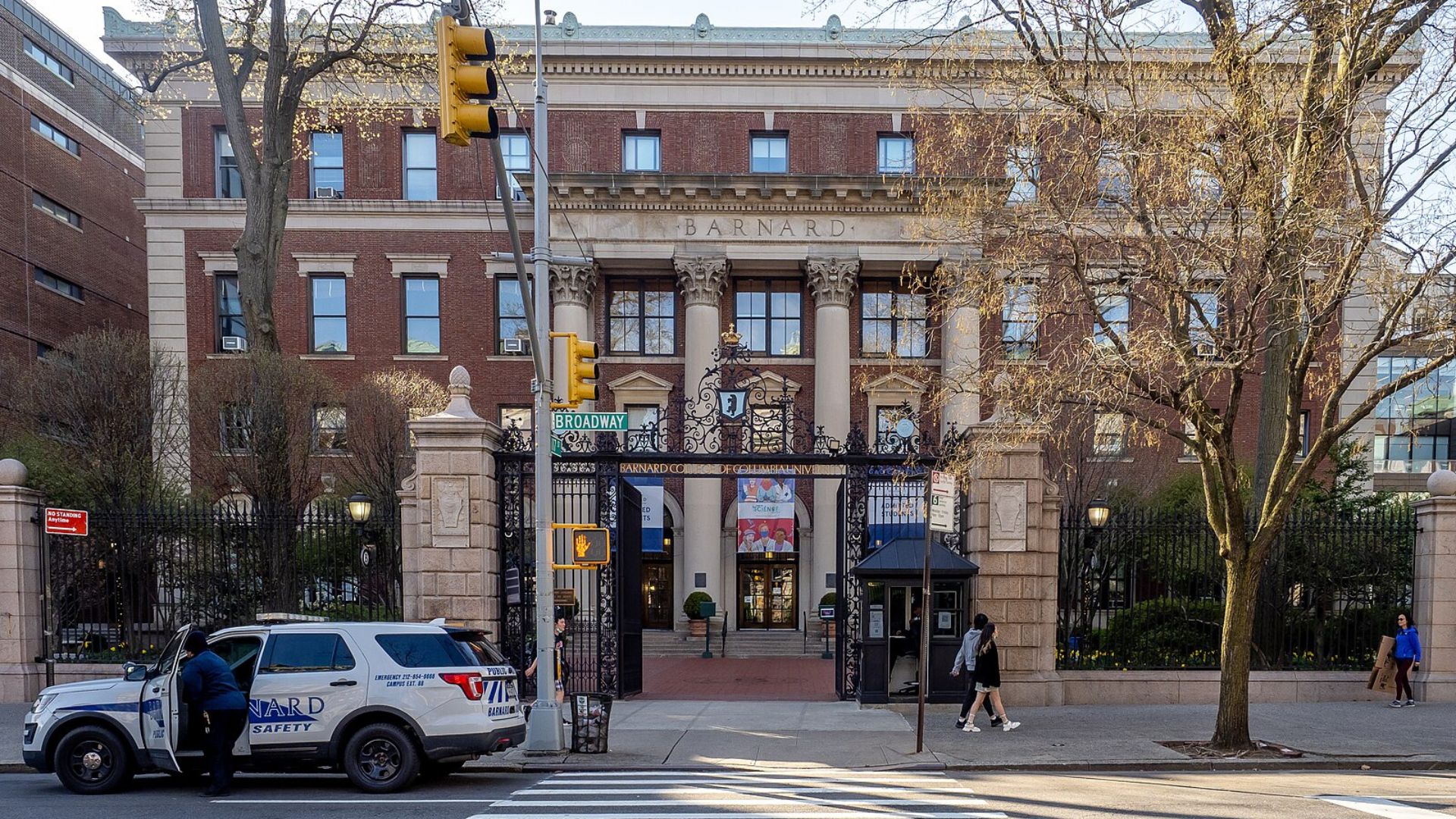
The Columbia Daily Spectator reports that while Columbia falters, affiliated Barnard College holds the line with in-person classes.
This contrast highlights differing approaches within the same university community.
University President Calls for Community Healing
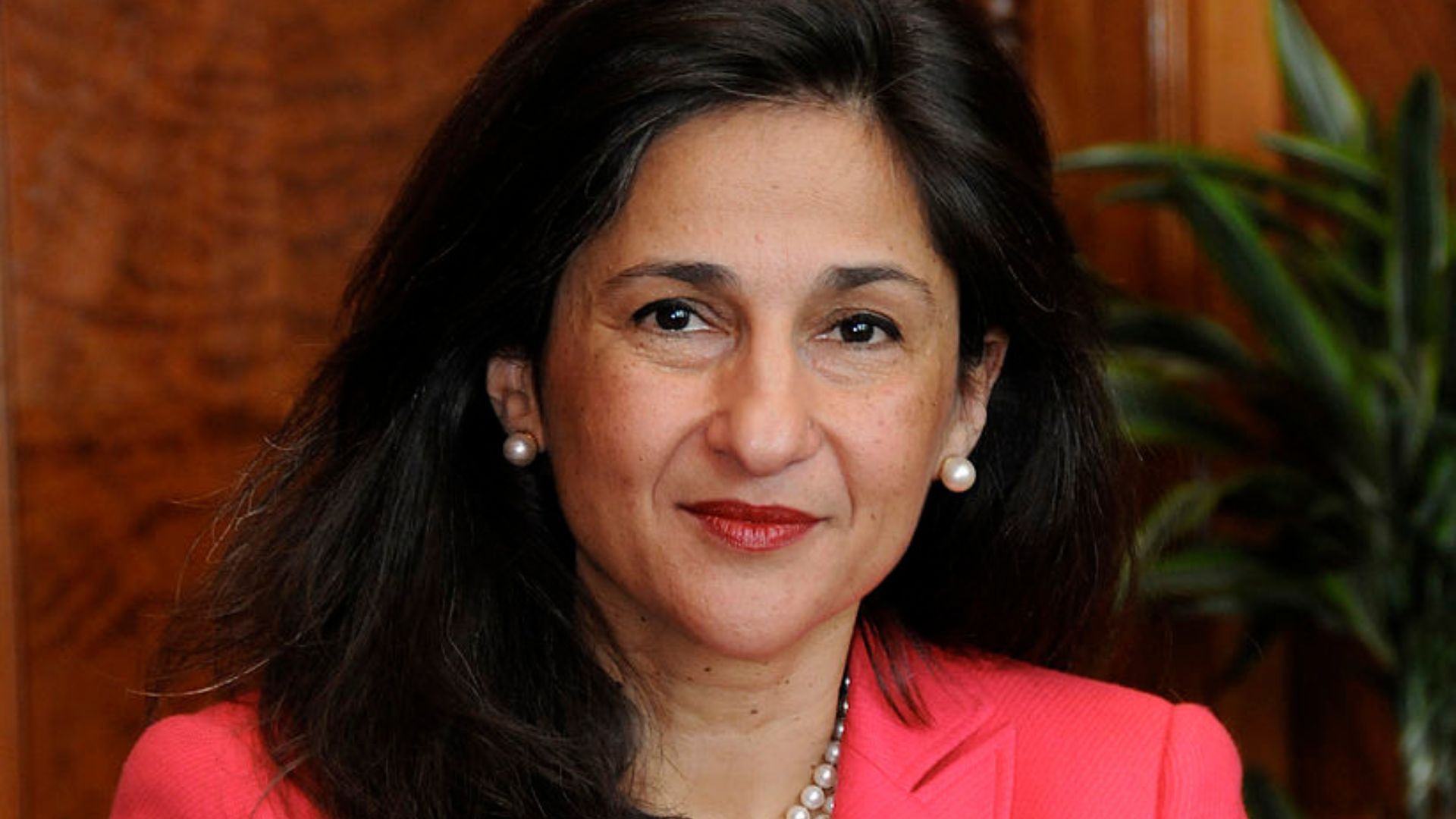
University President Minouche Shafik expressed deep sadness over the campus climate.
“Our bonds as a community have been severely tested,” Shafik acknowledges, pledging to work towards reaffirming these bonds in the aftermath of the protests.
Security Tightens Amidst Growing Tensions
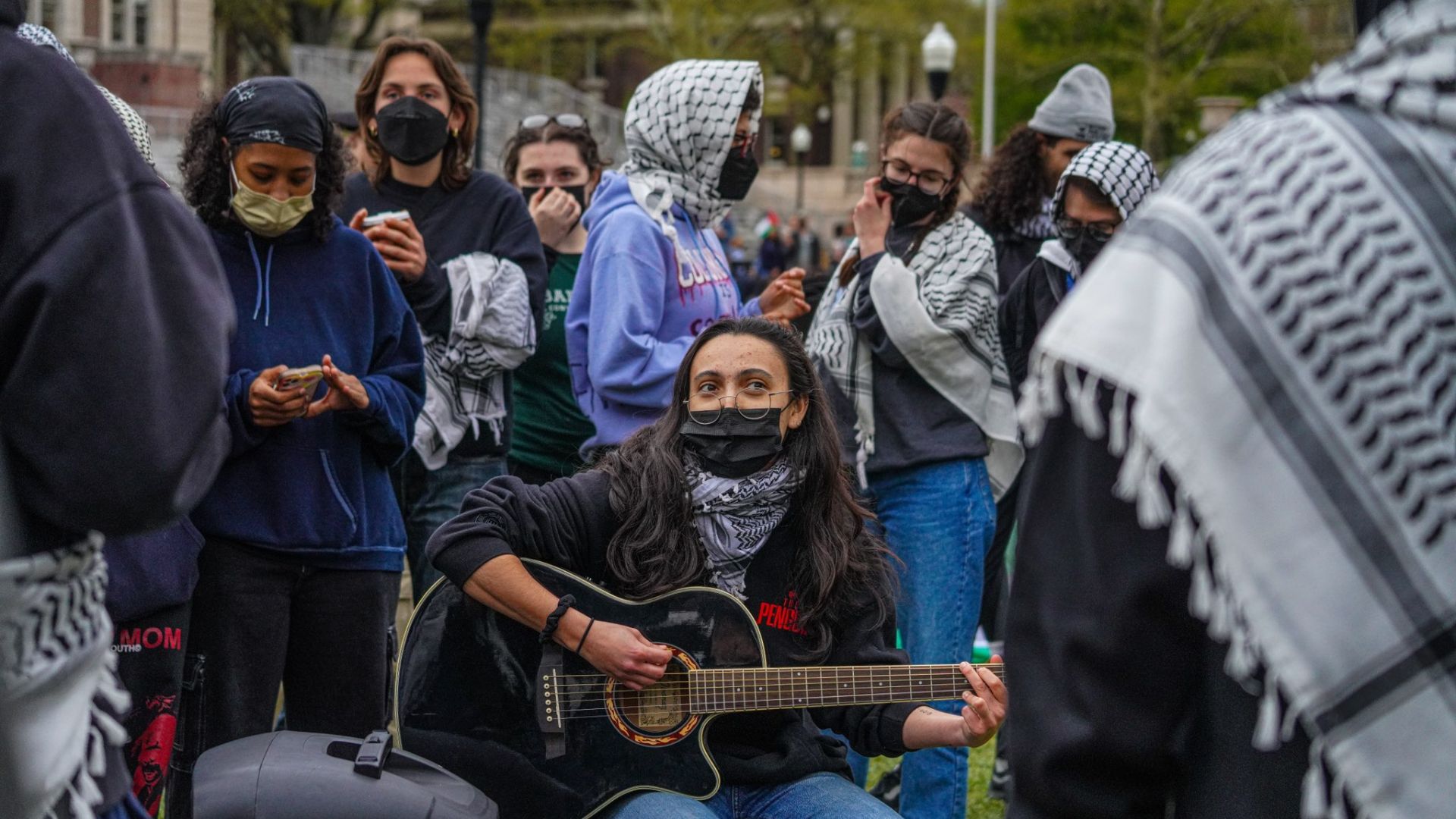
In response to the ongoing unrest, Columbia is ramping up its campus security.
A security guard from Apex Security Group Inc. said, “It’s my first day. We need it,” as the university prepares for extended overnight shifts to ensure safety.
Columbia at the Epicenter of National Protests
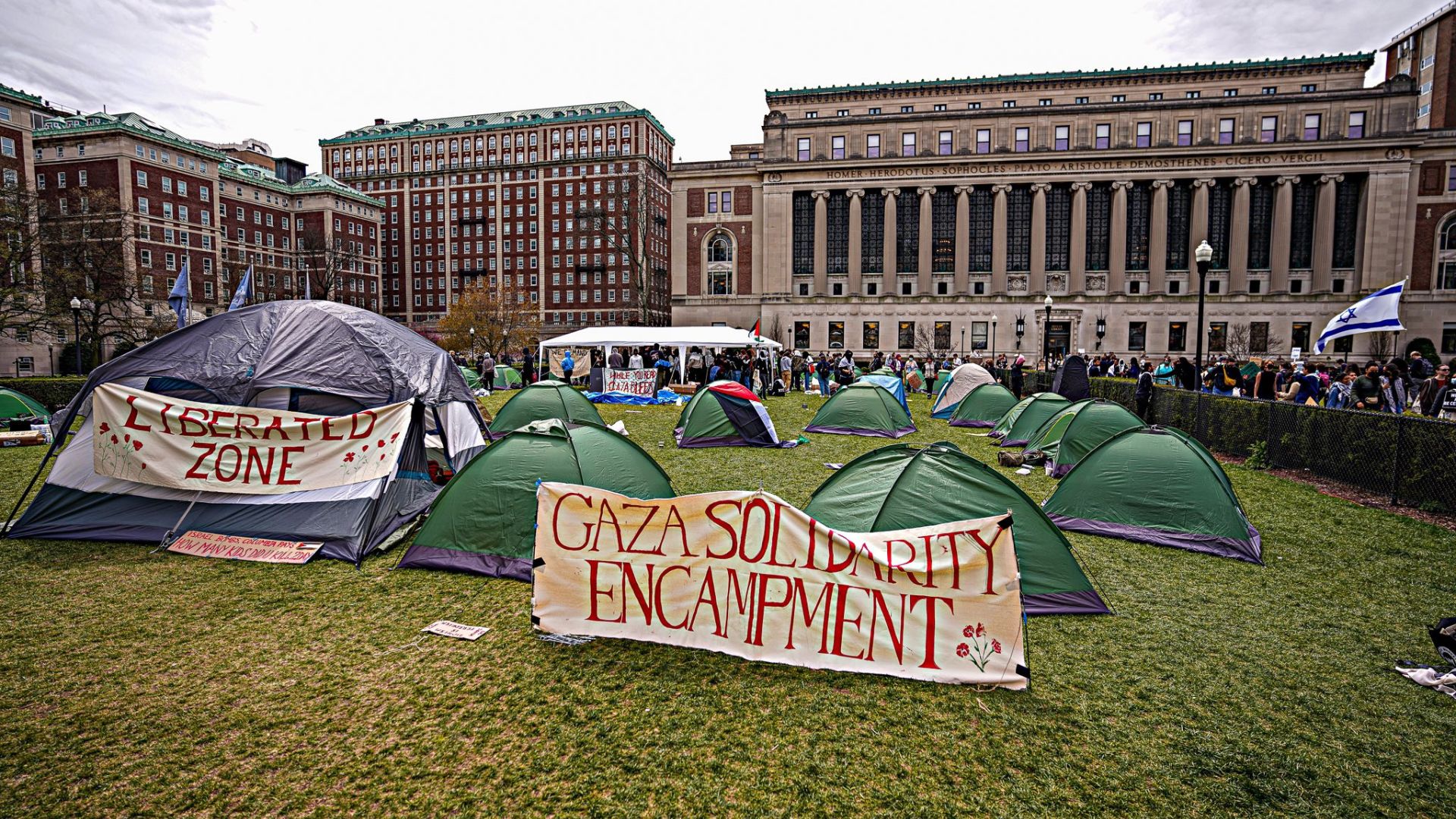
Columbia University has become a focal point for pro-Palestinian efforts nationwide following the emergence of a tent encampment on campus.
The university’s role in this wider movement illustrates its status as a battleground for broader political and social issues.
NYPD Called to Campus Amid Safety Concerns
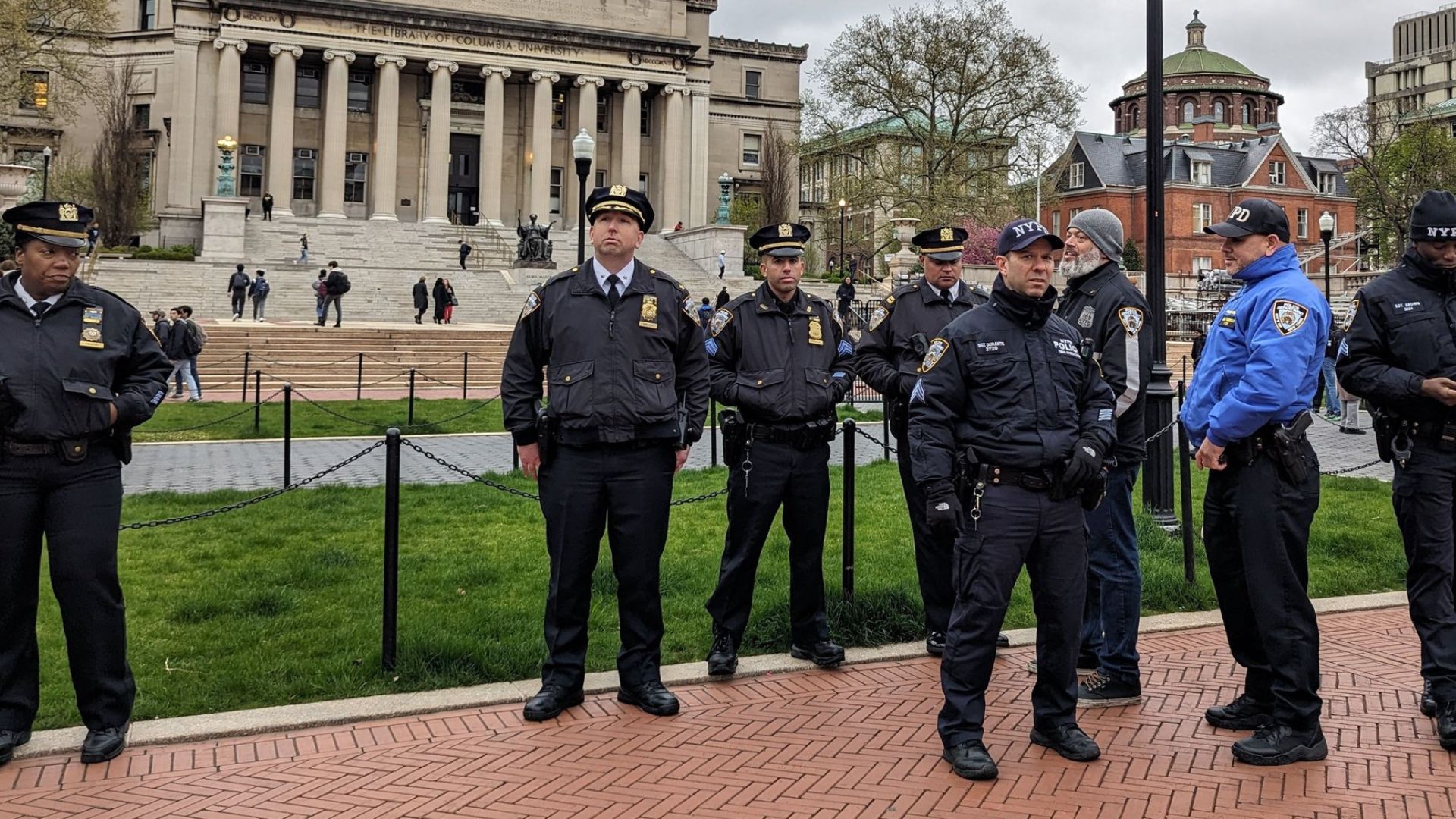
In a decisive move, President Shafik requested NYPD intervention to dismantle the protest, leading to over 100 arrests.
This action sparks further controversy among students and faculty, polarizing opinions on campus safety and free speech rights.
Governor Hochul Addresses Campus Safety Crisis
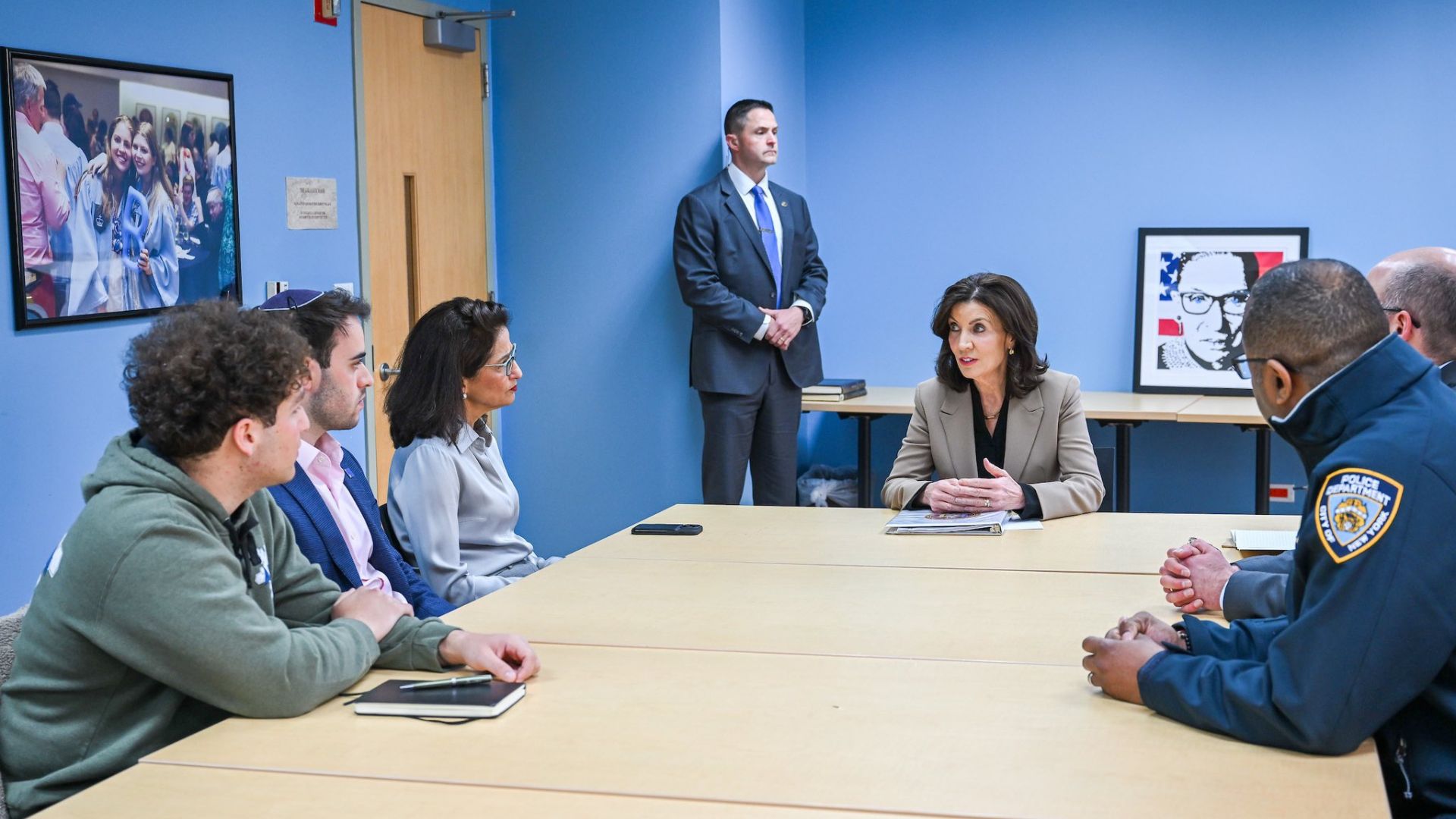
New York Governor Kathy Hochul visited Columbia to discuss strategies with university officials and the NYPD.
“Every student deserves to be safe,” Hochul said, emphasizing the government’s role in addressing educational and public safety crises.
Influential Donor Withdraws Support
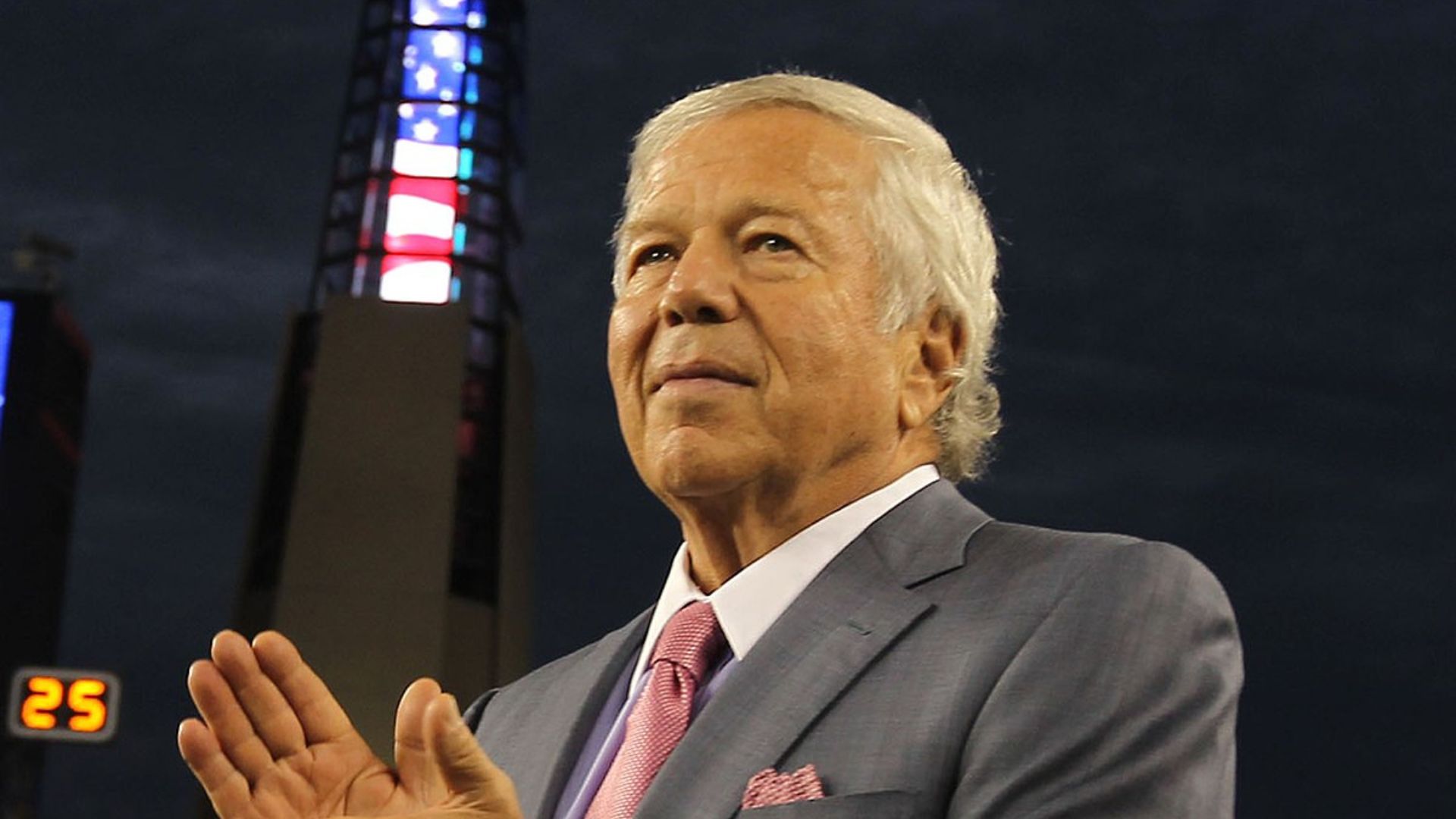
Amidst the unrest, New England Patriots owner Robert Kraft announced his decision to withhold donations, signaling a major financial repercussion for Columbia.
This move reflects growing concerns among stakeholders about the university’s direction and stability in these turbulent times.
